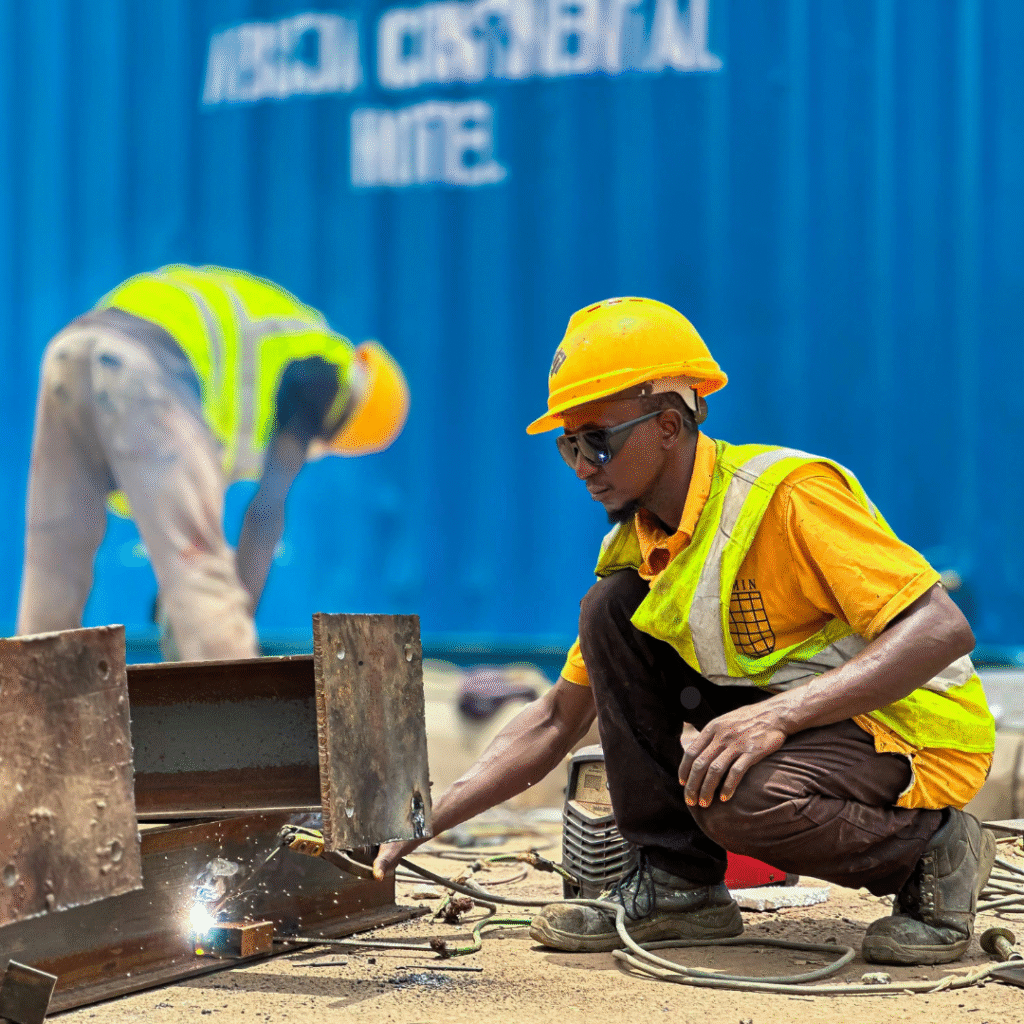
Get In Touch
The Role of Drone Technology in Industrial Site Monitoring
In today’s fast-paced industrial sector, efficiency, accuracy, and safety are more important than ever. As projects scale in size and complexity, traditional methods of site monitoring often fall short in delivering real-time, reliable insights. This is where drone technology has emerged as a game-changer for industrial construction projects.
1. Real-Time Progress Tracking
Drones equipped with high-resolution cameras and sensors allow project managers to monitor sites in real time. Instead of relying solely on manual inspections, which are time-consuming and labor-intensive, drones provide an aerial view of the entire facility, capturing details that would otherwise be missed. This helps teams ensure construction is moving according to plan and timelines.
2. Enhanced Safety and Risk Management
Industrial sites can be hazardous, with hard-to-reach areas and potential safety risks. Drones reduce the need for workers to physically inspect dangerous zones such as high structures, unstable terrains, or chemical storage areas. By sending drones into these spaces, companies can conduct safe and efficient inspections, lowering the risk of accidents.
3. Cost and Time Efficiency
Traditional surveying methods can take days or even weeks, especially in large-scale industrial projects. Drones drastically reduce this time, delivering accurate aerial maps and 3D models within hours. This not only saves labor costs but also accelerates decision-making, helping projects stay within budget and deadlines.
4. Accurate Data and Reporting
Modern drones come equipped with LiDAR, thermal imaging, and photogrammetry tools, providing highly accurate data for site assessments. From measuring stockpiles and monitoring earthworks to detecting heat leaks and energy inefficiencies, drones generate insights that improve operational efficiency and long-term maintenance planning.
5. Environmental and Compliance Benefits
With increasing focus on sustainable practices, drones help in environmental monitoring by tracking dust levels, water usage, and vegetation impact around industrial sites. They also assist in ensuring compliance with safety and environmental regulations by documenting site conditions for audits and reports.
6. Future of Drones in Industrial Construction
As technology advances, the role of drones will continue to expand. Artificial Intelligence (AI) integration will allow for predictive maintenance, automated safety checks, and even autonomous drone fleets capable of monitoring multiple sites simultaneously. This means industrial construction will become smarter, safer, and more efficient in the years ahead.
✅ Conclusion
Drone technology is no longer just an innovation—it’s becoming a standard practice in industrial site monitoring. By improving safety, cutting costs, and delivering real-time, accurate insights, drones empower companies like Shyam Constructions to deliver projects faster, safer, and more sustainably.
